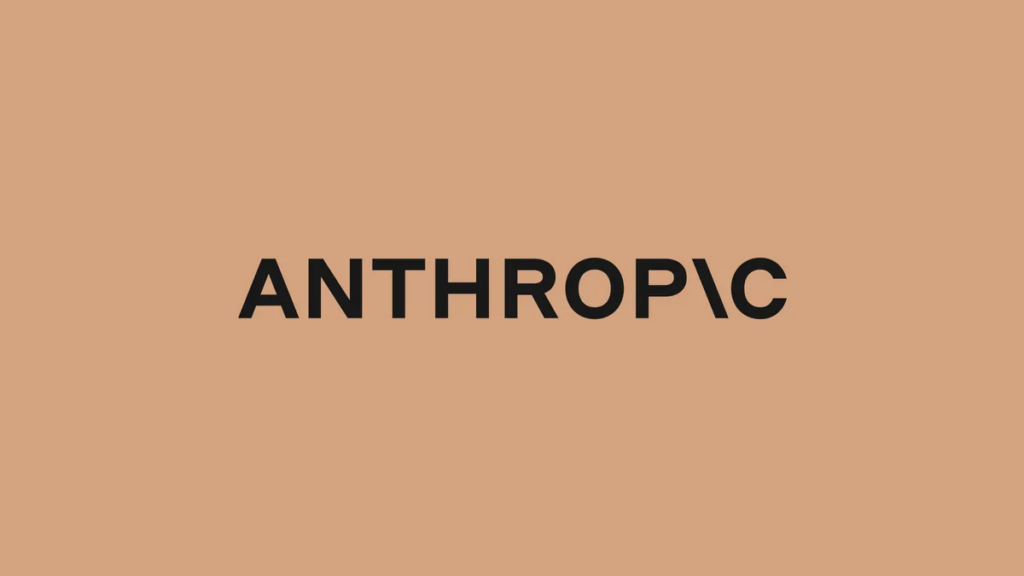Universal Music, Concord, and ABKCO Demand Preliminary Injunction in AI Infringement Suit: ‘Publishers Face Irreparable Harm if Anthropic’s Copying Is Not Enjoined’


Anthropic is facing a preliminary injunction motion in a copyright infringement lawsuit filed by music publishers. Photo Credit: Igor Omilaev
Last month, Universal Music, Concord, ABKCO, and a number of affiliated publishers sued Anthropic for alleged infringement. Now, these plaintiffs are seeking a preliminary injunction to, among other things, compel the defendant to cease training its Claude AI assistant on their works.
The plaintiff publishers just recently demanded the preliminary injunction, having levied the overarching complaint in mid-October. One of several active suits concerning the allegedly unauthorized use of protected media within AI systems, the action maintains that Amazon-backed Anthropic committed infringement not only when ingesting and copying compositions, but when converting the works into “tokens” as part of the training process.
Taking things a step further, the filing parties also claim that Anthropic infringed upon copyrighted materials by pumping out via Claude “identical or near-identical copies” of the involved lyrics, often without attribution.
Since the suit was submitted, Anthropic’s secured billions in funding commitments from Google and publicly expressed the belief that the ingestion of protected content “as an intermediate step to create a non-infringing output can constitute fair use.”
Back to the preliminary injunction motion, Universal Music and the other plaintiffs are specifically calling on the court to compel “Anthropic to implement effective guardrails in its currently available AI models to prevent” the unauthorized reproduction of lyrics in Claude responses and different products.
Additionally, the publishers are pushing for an order “precluding Anthropic from creating or using unauthorized copies of…lyrics to train future AI models.” Expanding upon the arguments in a memorandum, the entities behind the complaint reiterated particular instances of alleged infringement within Claude-generated answers and refuted the aforesaid fair-use argument.
Moreover, the same alleged infringement “irreparably harms” the plaintiffs as well as their songwriters “by denying them control over their” works, failing to credit them in relevant Claude outputs, “associating their names with unauthorized derivatives” such as combined lyrics, and harming their professional relationships with properly licensed companies, according to the text.
“Finally, Anthropic’s exploitation of the Works as training data and in Claude’s responses irreversibly damages Publishers’ relationships with current and prospective songwriter-partners,” ABKCO, Concord, and others wrote in conclusion. “If Anthropic’s unlicensed use continues, it will undermine songwriters’ confidence in Publishers’ ability to protect their interests, causing irreparable harm.”
Notwithstanding this and different industry legal battles involving AI, evidence suggests that a broader usage roadmap is beginning to take shape. Labels including Universal Music are leaning into AI with partnership agreements as well as new products, and YouTube yesterday debuted “Dream Track.”
With the latter, select creators can make Shorts featuring AI depictions of certain artists’ voices. Meanwhile, Warner Music three days ago announced an AI-powered deal with the estate of Edith Piaf to recreate the French artist’s voice for an “animated biopic.”
Link to the source article – https://www.digitalmusicnews.com/2023/11/17/anthropic-publishers-injunction-motion/
Recommended for you
-
Afro-Cuban Dance Beats – Large authentic 24bit WAVE/Kontakt Samples/Loops Library
$14,99 Buy From Amazon -
7 Pads Electronic Drum Set, Roll-Up Drum Practice Pad Drum Kit with Headphone Jack Built-in Speaker Drum Pedals Drum Sticks 10 Hours Playtime, Great Holiday Birthday Gift for Kids (4 * Drum Sticks)
$39,99 Buy From Amazon -
Yamaha DD75 Portable Digital Drums with 2 Pedals, Drumsticks and PA130 Power Adapter
$299,99 Buy From Amazon -
Otamatone Japanese Electronic Musical Instrument Portable Music Synthesizer from Japan by Maywa Denki Studio Award Winning, Educational Fun Gift for Children, Teen & Adults – Strawberry
$39,99 Buy From Amazon -
AKAI Professional LPK25 – USB MIDI Keyboard Controller with 25 Responsive Synth Keys for Mac and PC, Arpeggiator and Music Production Software,black
$59,00 Buy From Amazon -
Asmuse 88-Key Full Size Digital Piano, Electronic Keyboard Set With Semi Weighted Keys, Stand, Sustain Pedal, Built-In Speakers, Power Supply (Brown)
$239,99 Buy From Amazon -
Hercules DJ Learning Kit Bundle with Laptop Stand and 4-Port USB 3.0 Hub (3 Items)
Buy From Amazon -
AKAI Professional LPD8 – USB MIDI Controller with 8 Responsive RGB MPC Drum Pads for Mac and PC, 8 Assignable Knobs and Music Production Software,Black
$59,00 Buy From Amazon













Responses